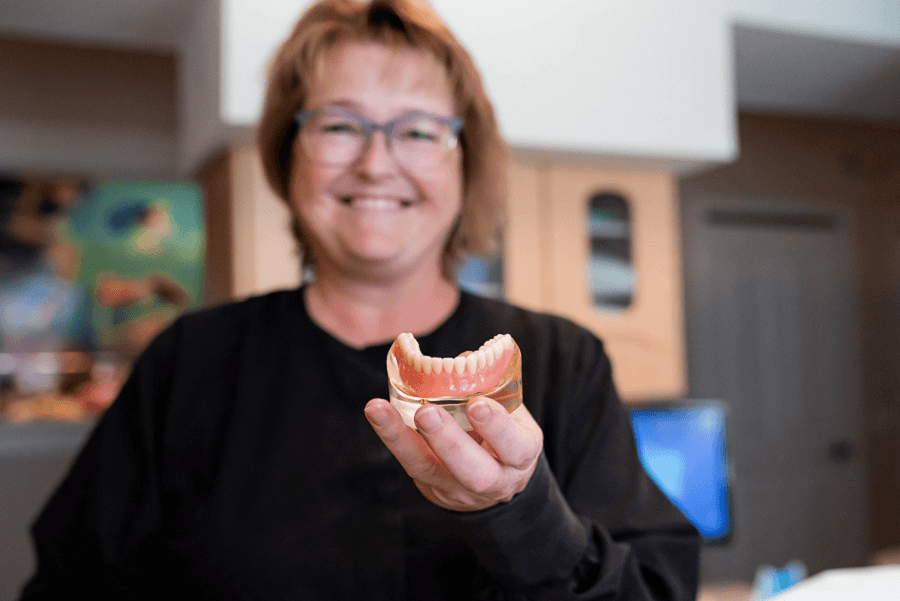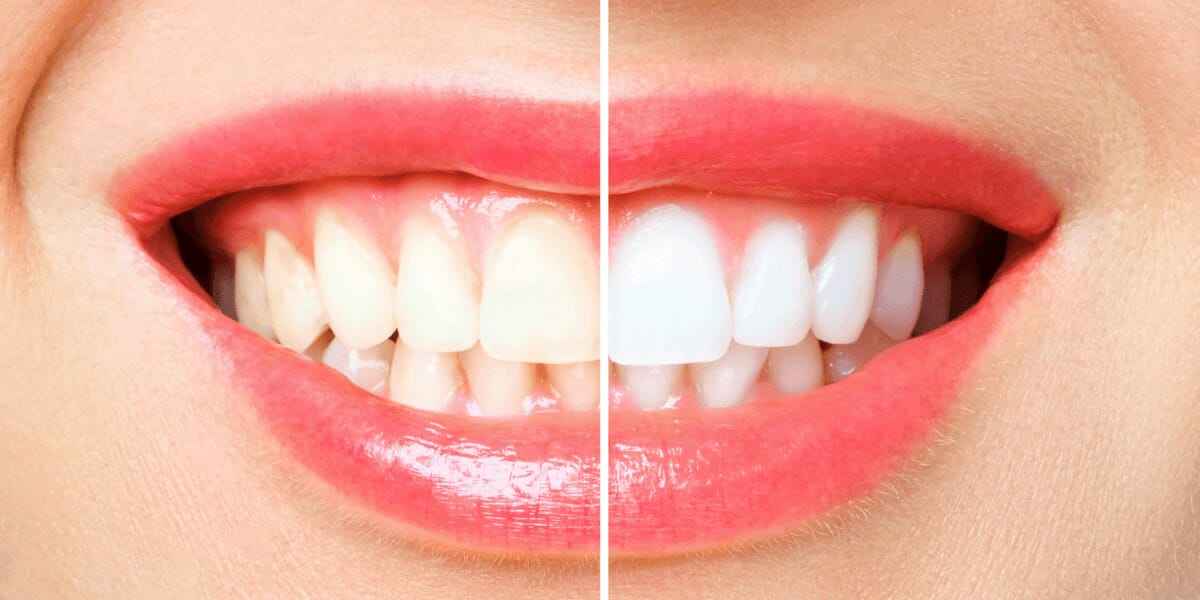Teeth whitening is a popular cosmetic dental procedure that can help you achieve a brighter, more confident smile. But how long do the results of teeth whitening last?
The length of time your teeth whitening results last can vary depending on several factors. While some people may enjoy the benefits of teeth whitening for several years, others may notice their effects fading after just a few months.
Read on to learn the various factors that can affect the results of your teeth whitening in Delaware, OH, the different types available, and how often you should whiten your teeth for the best results.
How Long Does Teeth Whitening Last: The Factors That Affect Your Results

From your diet and lifestyle habits to the type of teeth whitening treatment you choose, understanding these factors can help you achieve long-lasting results that you can be proud of. So let’s take a closer look at what can impact the longevity of your teeth whitening results.
Diet and Lifestyle Habits
Certain foods and drinks, such as coffee, tea, wine, and dark-colored berries, can stain your teeth and cause your whitening results to fade faster. Similarly, smoking and using tobacco products can also cause discoloration and staining, which can shorten the lifespan of your teeth whitening results.
To maintain your brighter smile, it’s a good idea to avoid or limit these types of foods and habits or brush your teeth after consuming them.
Pre-existing Dental Conditions
These dental conditions can weaken your tooth enamel and make your teeth more susceptible to staining and discoloration, which can cause your whitening results to fade faster:
- Tooth decay: Tooth decay is caused by the buildup of plaque on your teeth, which can eat away at the enamel and make your teeth more susceptible to staining and discoloration.
- Gum disease: Bacterial infections affect the gums and can lead to tooth loss if left untreated. Gum disease can also cause your teeth to become discolored and make your teeth more susceptible to staining.
- Enamel erosion: Enamel erosion is the gradual wearing away of the protective layer of enamel on your teeth. This can be caused by consuming acidic foods and drinks, brushing too hard, or by certain medical conditions.
So, address any dental issues to ensure your results last as long as possible.
Type of Teeth Whitening Treatment
The type of teeth whitening treatment you choose can also impact how long your results last.
- In-office teeth whitening treatments generally provide the most dramatic and long-lasting results.
- On the other hand, over-the-counter teeth whitening products, such as whitening toothpaste, strips, and gels, may be less effective and require more frequent touch-ups to maintain your results.
The Different Types of Teeth Whitening: Which One is Right for You?

From in-office treatments to at-home products, each type of teeth whitening has its own advantages and disadvantages. By understanding the various options, you can decide which type of teeth whitening is best for your needs and preferences.
In-Office Teeth Whitening
In-office teeth whitening is the most effective and quickest way to achieve a brighter smile.
This type of treatment is performed by a dental professional and typically involves the use of a highly concentrated bleaching agent activated by a special light or laser.
In-office teeth whitening can typically provide immediate results, and the effects can last up to two years with proper maintenance.
At-Home Teeth Whitening Kits
At-home teeth whitening kits, such as those provided by your dentist or available over the counter, allow you to whiten your teeth in the comfort of your home.
These kits typically include a custom-fitted tray or strips that contain a lower concentration of bleaching agent than those used in-office.
In addition to using at-home teeth whitening kits, it’s important to remember that dental cleaning will take your oral health a step further. Regular dental cleanings, typically performed by a dental professional, involve the removal of plaque and tartar buildup on your teeth, which can contribute to tooth discoloration. You can achieve a brighter and healthier smile by combining at-home teeth whitening with regular dental cleanings.
While at-home teeth whitening kits can provide noticeable results, it may take several weeks or months of regular use to achieve the desired level of whitening. These are some popular at-home teeth whitening kits available:
- Whitening Toothpaste: Even though whitening toothpaste can effectively maintain teeth whitening results, it may not provide significant results.
- Whitening Strips and Gels: While this type of teeth whitening can provide noticeable results, it may not be as effective as in-office treatments and may require more frequent touch-ups to maintain your results.
How Often Should You Whiten Your Teeth for the Best Results?

It’s important to note that over-whitening your teeth can lead to tooth sensitivity and even damage to the enamel. It’s best to avoid excessive teeth whitening. Follow the guidance of your dentist when it comes to the frequency and duration of your treatments, as they can provide personalized recommendations based on your individual needs and dental health.
- If you’re undergoing in-office teeth whitening, you may only need to whiten your teeth once every two to three years to maintain your results.
- At-home teeth whitening kits may need to be used more frequently, typically once a day for two to three weeks to achieve the desired level of whitening. Whitening toothpaste and other over-the-counter products may need to be used daily to maintain your results.
Maintaining Your Teeth Whitening Results: How to Make Them Last

- Brush and floss regularly to remove surface stains and prevent new ones from forming.
- Use a touch-up kit or whitening toothpaste as needed to maintain your results.
- Visit your dentist for routine cleanings and check-ups, and let them know that you’ve had teeth whitening done so that they can provide personalized recommendations.
- Consider using a straw when drinking staining beverages to help minimize contact with your teeth.
- Rinse your mouth with water or brush your teeth after consuming foods or drinks that are known to cause staining.
- Use caution when trying new tooth whitening products or home remedies, and always consult your dentist before trying something new.
Final Thoughts
We encourage you to visit our practice for teeth whitening or other cosmetic dental procedures. Dr. Eric Batterton, D.D.S., is always happy to provide personalized recommendations and guidance to help you achieve the smile you’ve always wanted.
So why wait? Schedule a consultation today and take the first step towards a brighter, more confident you.
